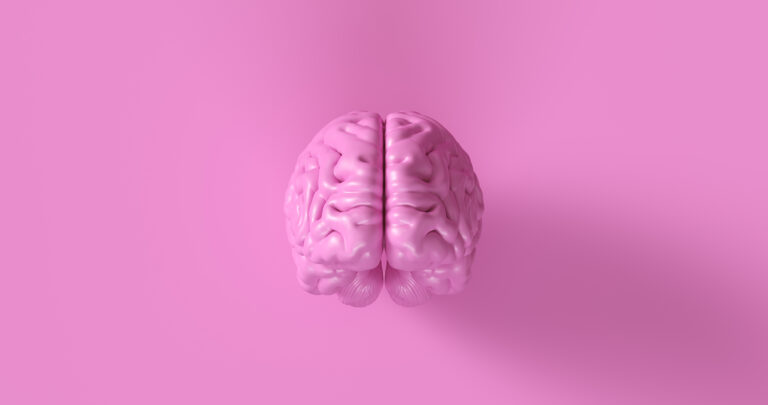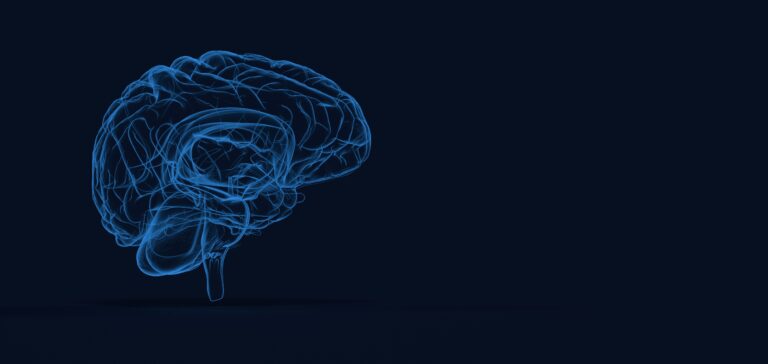A stroke occurs when there is a disruption of blood flow to the brain, resulting in damage to brain cells. This damage can have a wide range of effects on the body, including cognitive impairment. One specific type of stroke, known as a right thalamic stroke, can lead to cognitive impairments that can significantly impact a person’s daily life. In this article, we will delve into what exactly a right thalamic stroke is, how it affects cognitive function, and what can be done to manage and improve these impairments.
What is a Right Thalamic Stroke?
First, it is important to understand the anatomy of the brain. The thalamus is a small, walnut-shaped structure located in the center of the brain. It acts as a relay station, receiving information from sensory organs and sending it to different parts of the brain for further processing. The right thalamus specifically is responsible for receiving sensory information from the left side of the body.
A right thalamic stroke occurs when there is a blockage or rupture of a blood vessel in the right thalamus. This leads to a lack of oxygen and nutrients to this area, resulting in brain cell death. As a result, the relay function of the thalamus is disrupted, and this can have significant consequences on the body’s sensory and motor functions.
How Does it Affect Cognitive Function?
Cognitive function refers to our ability to think, reason, and process information. A right thalamic stroke can result in various cognitive impairments due to the disruption of the brain’s relay system. Some common cognitive impairments associated with this type of stroke include:
1. Memory Loss: The thalamus plays a crucial role in consolidating memories and retrieving information from long-term memory. A right thalamic stroke can lead to difficulty forming new memories, as well as retrieving old ones.
2. Attention and Concentration: The thalamus is also involved in directing attention and filtering out irrelevant distractions. Damage to the right thalamus can lead to difficulties with focus and concentration.
3. Spatial Awareness: The right thalamus is responsible for integrating sensory information from the left side of the body, which helps us understand our spatial surroundings. A stroke in this area can result in problems with spatial awareness and coordination.
4. Language and Communication: The right thalamus also plays a role in language processing and comprehension. A stroke in this area can lead to difficulties with understanding and producing language.
5. Executive Functioning: The thalamus is connected to the prefrontal cortex, which is responsible for executive functioning skills such as planning, decision-making, and problem-solving. Damage to the right thalamus can impact these abilities, leading to difficulties with daily tasks and overall functioning.
Managing and Improving Cognitive Impairments
The effects of a right thalamic stroke on cognitive function can be challenging to manage, but there are various strategies that can help improve these impairments.
1. Rehabilitation Therapy: Speech therapy, occupational therapy, and physical therapy can all be beneficial in improving cognitive function after a stroke. These therapies can help regain lost skills and develop new ways to compensate for any remaining impairments.
2. Cognitive Rehabilitation: This type of therapy focuses on specific cognitive impairments caused by a stroke, such as memory loss or attention deficits. It involves practicing exercises and strategies to improve these skills.
3. Medications: Doctors may prescribe medications to help manage specific impairments, such as memory-enhancing drugs or medications for mood disorders.
4. Lifestyle Changes: Eating a healthy diet, staying physically active, and avoiding unhealthy habits like smoking can all contribute to better brain health and aid in recovery from a stroke.
It is essential to note that recovery from a right thalamic stroke and its related cognitive impairments varies from person to person. It depends on the severity and location of the stroke, overall health, and individual factors. Patience, determination, and a strong support system are all crucial in the recovery process.
In conclusion, a right thalamic stroke can have significant effects on cognitive function due to its role in the brain’s relay system. Understanding the potential impairments and implementing appropriate management strategies can help improve overall functioning and quality of life for those who have experienced this type of stroke. With proper care and support, it is possible to regain lost abilities and adapt to any remaining impairments.





